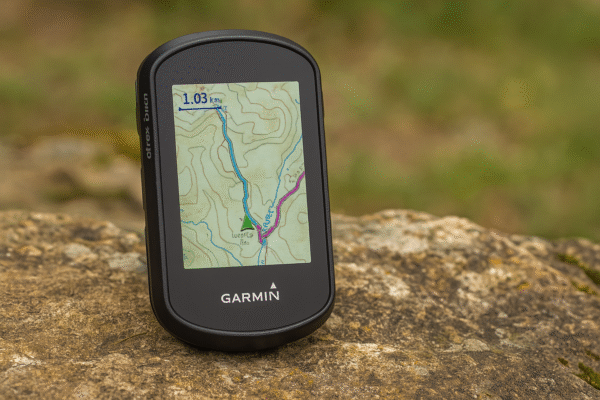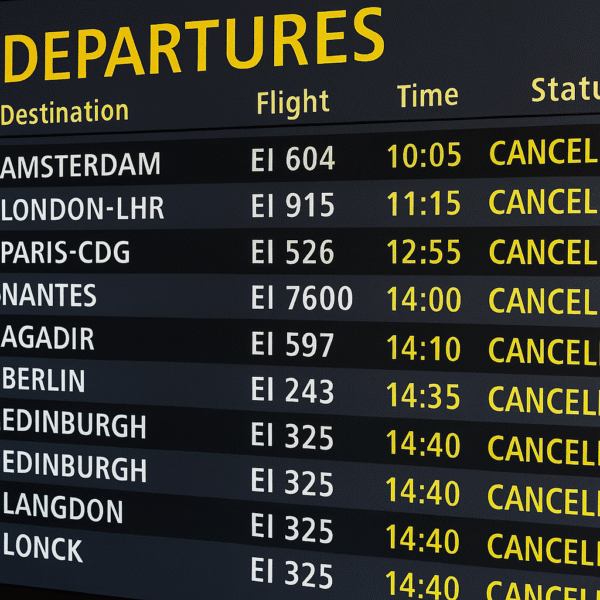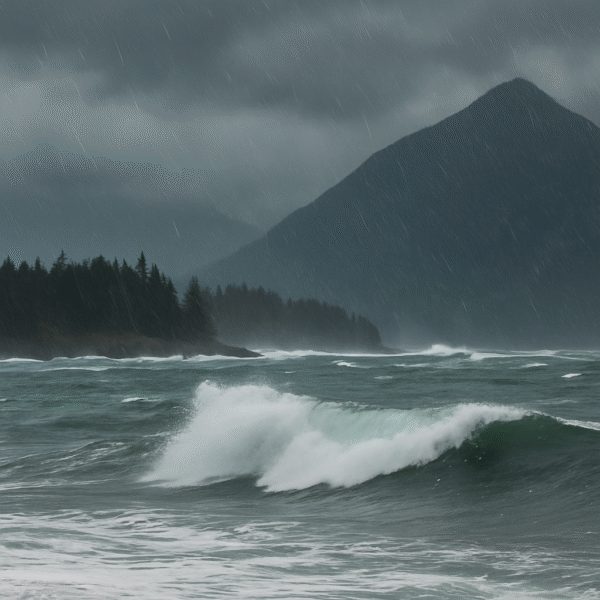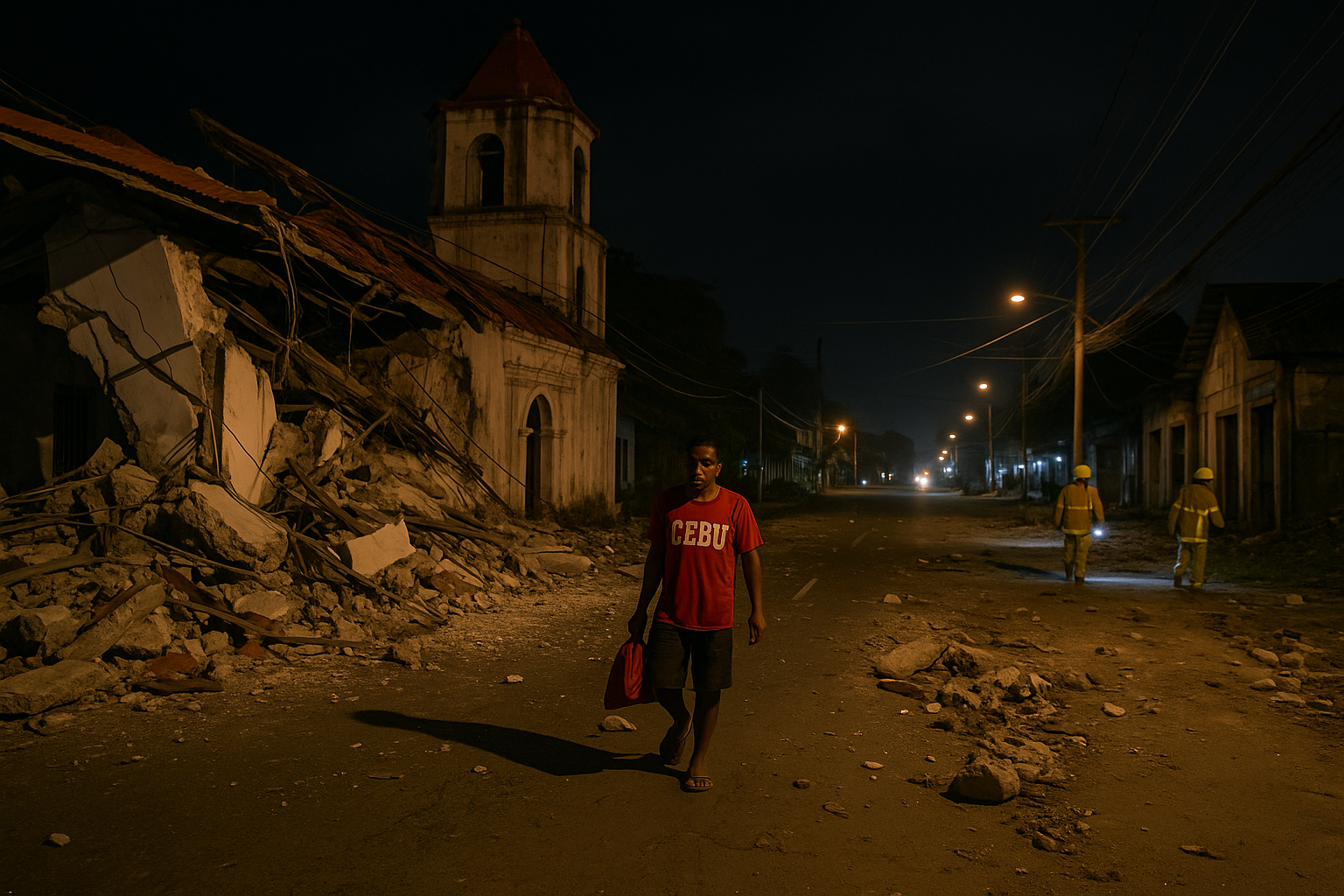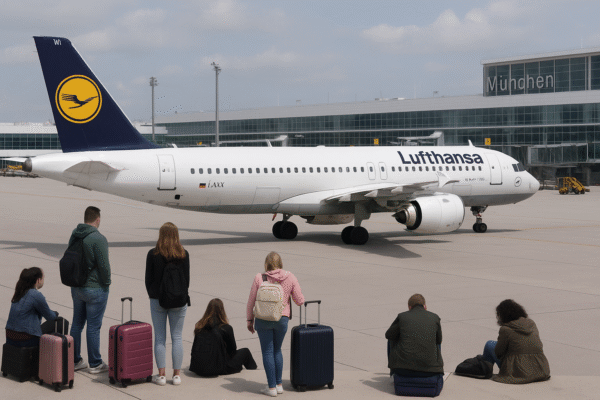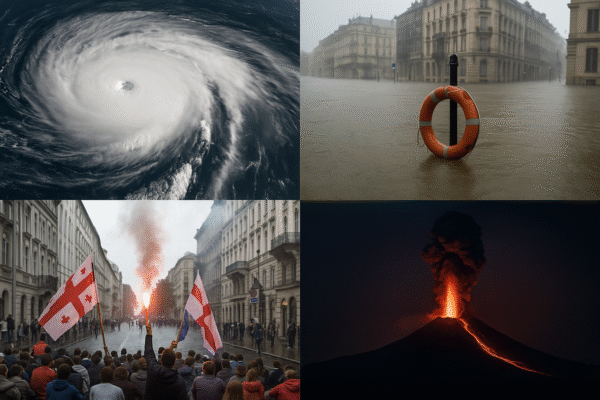As the fall and winter travel season approaches in 2025, Italy’s Ministry of Foreign Affairs has released a significant travel advisory. The alert covers several favorite international destinations, including Portugal, Poland, Georgia, Indonesia, Austria, and Greece. According to Italian authorities, travelers may encounter natural disasters, severe weather, and political unrest that could disrupt tourism and pose risks to personal safety.
This advisory reflects a growing global trend: climate-driven disasters and regional instability are increasingly impacting international tourism. Below is a country-by-country breakdown of the main concerns travelers should be aware of.
Portugal: Cyclone Threats and Fire Risks
Portugal, known for its golden coastlines, historic Lisbon streets, and tranquil Azores islands, faces looming challenges this season. Meteorologists have tracked Tropical Cyclone Gabrielle, expected to intensify into a Category 1 hurricane by late September. Its projected path will impact the Azores, bringing destructive winds, flooding, and transport disruption.
Beyond cyclones, Portugal remains highly vulnerable to forest fires, especially during prolonged dry spells. Travelers are urged to avoid wooded regions and strictly follow government fire-safety rules. Even unintentional fires carry legal consequences.
Travel Tips for Portugal:
- Avoid high-risk forested areas.
- Monitor emergency alerts in the Azores.
- Secure travel insurance that covers weather-related disruptions.
Poland: Border Closures and Security Concerns
Poland, a favorite Central European destination for its medieval cities and vibrant culture, is grappling with border security challenges. Tensions along crossings with Belarus, Ukraine, and Russia have led to temporary closures and delays.
From September onward, some crossings will reopen, but tourists should still expect long wait times. Additionally, airports in eastern Poland could face sudden closures due to security risks, potentially affecting flight schedules.
Travel Tips for Poland:
- Check flight updates before departure.
- Carry additional identification documents.
- Allow extra travel time for road or rail border crossings.
Georgia: Political Protests and Natural Hazards
In Georgia, anticipation of local elections on October 4, 2025, has triggered mass protests in Tbilisi and other major cities. While demonstrations remain mostly peaceful, officials warn they could escalate quickly into confrontations, roadblocks, or transport delays.
Beyond politics, Georgia’s mountainous terrain heightens risks of landslides and mudslides, especially after seasonal rains. Regions such as Racha and Tusheti are particularly vulnerable.
Travel Tips for Georgia:
- Avoid protest sites and large gatherings.
- Exercise caution in mountain regions.
- Stay updated on local news and alerts.
Indonesia: Volcanoes, Earthquakes, and Storms
Indonesia, beloved for its lush islands and warm hospitality, remains one of the world’s most geologically active countries. Located on the Pacific Ring of Fire, it faces frequent volcanic eruptions and earthquakes. Currently, Mount Semeru, Mount Sinabung, and Mount Agung are listed as active hazards.
In addition, the rainy season from October to April often brings floods, landslides, and tropical storms. Travelers in tourist hotspots such as Bali and Lombok should also be aware of counterfeit alcohol risks, with occasional cases of methanol poisoning.
Travel Tips for Indonesia:
- Avoid areas near active volcanoes.
- Familiarize yourself with tsunami evacuation routes.
- Purchase alcohol only from licensed sources.
Austria: Low Crime but Holiday Precautions
Austria remains one of Europe’s safest countries, offering pristine alpine scenery, imperial history, and bustling Christmas markets. However, petty crime such as pickpocketing tends to rise in crowded tourist spots during the holiday season.
Though the terrorism threat is minimal, authorities recommend vigilance in public spaces such as airports and train stations. Austria’s efficient law enforcement ensures safety, but tourists should still remain alert.
Travel Tips for Austria:
- Keep valuables secured at Christmas markets.
- Report thefts immediately to local police.
- Use only official taxis or verified transport services.
Greece: Wildfire Surge and Seismic Risks
Greece, a jewel of the Mediterranean, faces severe wildfire risks during periods of drought and heatwaves. Popular tourist areas such as Zakynthos, Chios, and Patras have recently been affected. Travelers should remain alert to fire warnings and evacuation notices.
Additionally, Greece’s seismic activity is a constant concern. Regions like Kefalonia, Crete, and Zakynthos are prone to earthquakes, though most are moderate in strength. Even so, visitors should know earthquake safety basics.
Travel Tips for Greece:
- Follow local fire safety guidelines strictly.
- Stay prepared for earthquake protocols.
- Rent safe, well-maintained vehicles when exploring islands.
Staying Safe While Traveling in 2025
Italy’s latest travel advisory emphasizes that preparedness and awareness are essential. From cyclones in Portugal to volcanic eruptions in Indonesia, the challenges facing global destinations are diverse and unpredictable.
Travelers are encouraged to:
- Register their trip details with local embassies or consular platforms.
- Keep updated through official government advisories.
- Carry comprehensive travel insurance.
- Avoid unnecessary risks such as venturing into restricted areas.
While these countries continue to welcome tourists, safety must remain a priority. By staying informed and adaptable, travelers can still enjoy unforgettable experiences across Europe and Asia during the fall and winter of 2025.
For more travel news like this, keep reading Global Travel Wire



